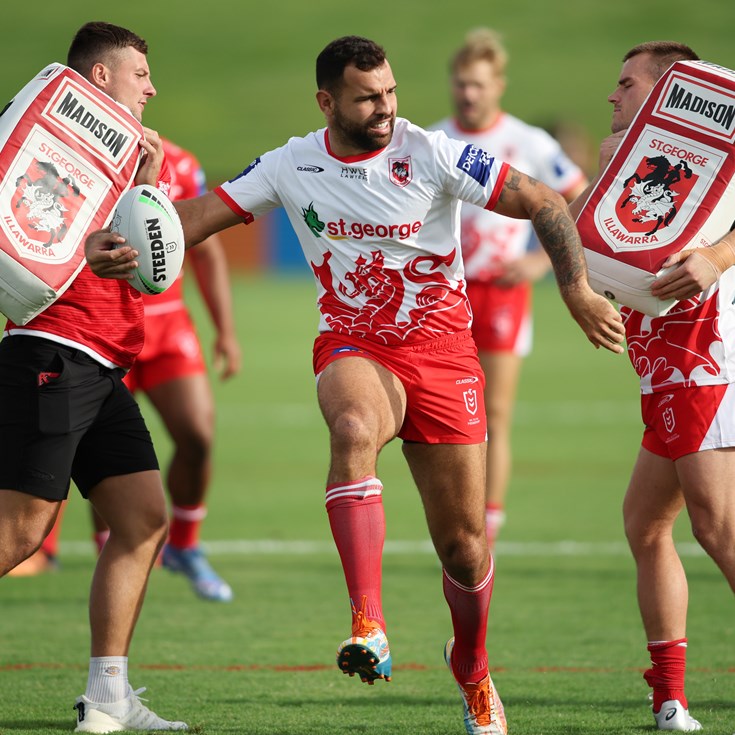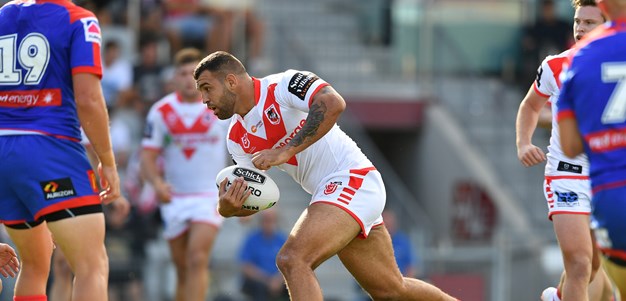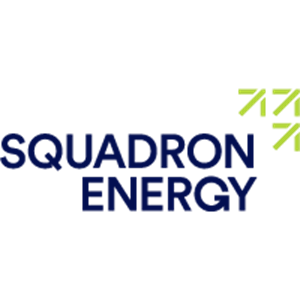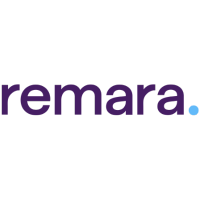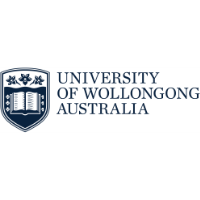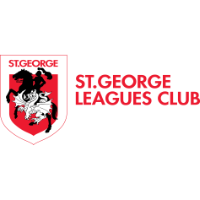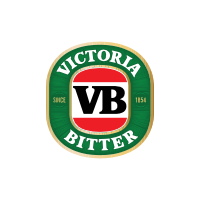St George Illawarra front-rower Josh Kerr grew up with a big questions over where he belonged.
The Dragons indigenous player representative had always been immersed in his culture thanks largely to native language and dancing, but his formidable years blurred those lines.
A proud Ngugi, Noonuckle and Geopul person of the Quandamooka nation of Stradbroke Island, Kerr was one of few indigenous kids at his high school.
"I think the biggest issue we face as young indigenous men and women is probably cultural identity," Kerr said.
"I was always made out to be a drunk and a drug addict and whatnot at school – it's a touchy subject.
"It was hard because I've never been nor will I ever be those things. Although it led me to think, is this who we are as people? They made their jokes about me, and the only reason I went along with it was so I could fit in.
"What everyone needs to learn now is how to handle [vilification and racism]. If we teach young people about the First Peoples, in 10, 15, 20 years' time, I believe we'll phase out the racism and hopefully come together as a one nation."
The rise of the Indigenous All Stars and several of rugby league's greatest ever helped Kerr shape his own identity as an indigenous rugby league player.
Signed by the Melbourne Storm at 16 and representing the Queensland Origin Under-20s team since, Kerr is mere months away from his third season at the Red V; a first grade debut at the forefront of his mind.
"Our people were once upon a time classified as flora and fauna, and for someone like Arthur Beetson – a proud indigenous man – to be the first captain of the Queensland State of Origin side shows how far rugby league has come," Kerr said.
"From Artie to now, where Johnathan Thurston, Greg Inglis and Matt Bowen are national icons, it's a good look for our people and the game.
"These players helped inspire and encourage me as a young man to stand up for what I believe in. I look back on it now, and it's bad to say, but I'm glad I went through what I did so I could be the person I am today.
"People always see the bad side of our culture, but if you've seen the things I've seen, you will fall in love with it. I cannot speak highly enough of my people."
July last year saw the Dragons introduce their inaugural Reconciliation Action Plan (RAP) of which Kerr played an integral part.
The 22-year-old helped in the development and official launch of the Dragons' RAP, one that holds a vision of reconciliation for Aboriginal and Torres Strait Islander Peoples, their histories and cultures as well as support the nation's aim to close the gap.
"It was pretty special to be a part of the RAP from the beginning. (The Dragons) told me they wanted me to be a part of it and take a lead with it. It was an honour and very special for myself and my family," Kerr said.
"The RAP is a massive step forward in helping educate young indigenous and Torres Strait islander kids as well as non-indigenous people about our culture."
The launch of the Dragons' RAP coincided with NAIDOC Week in 2018.
The theme? "Because of her we can!"
For Kerr his mother Angela was worthy of such recognition throughout NAIDOC Week and beyond, always and forever.
"100 per cent, my mother has been the best role model for me," Kerr said.
"My mother was adopted, and the lady who adopted her kept in contact with her real mum. When mum was of age, she was informed of who her real mum was.
"The lady who adopted mum was a white woman too so back then for someone like that to raise my mother into the lady she is today. It's good to know that there were people like that back then.
"If it wasn't for my mum and her adopted parents," Kerr added, fighting back tears. "I wouldn't be the person I am today."
